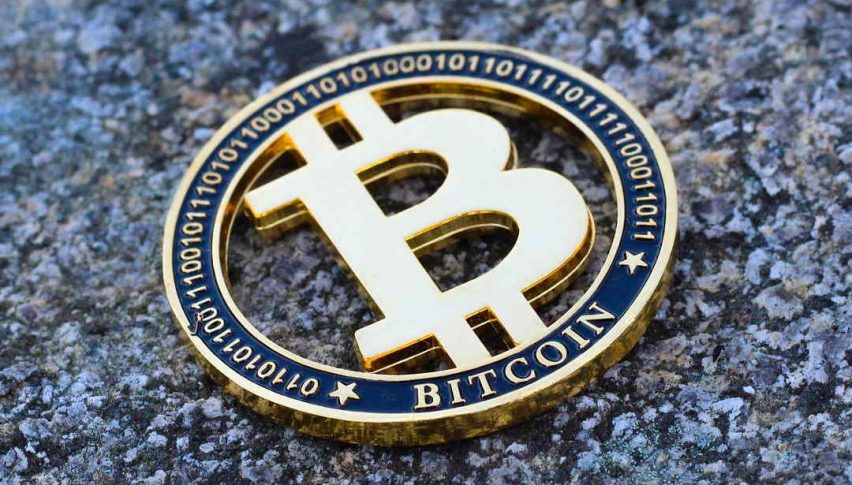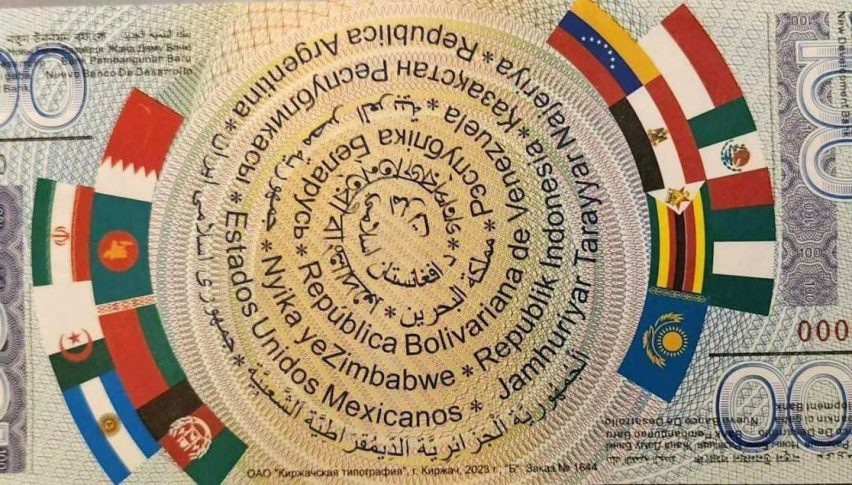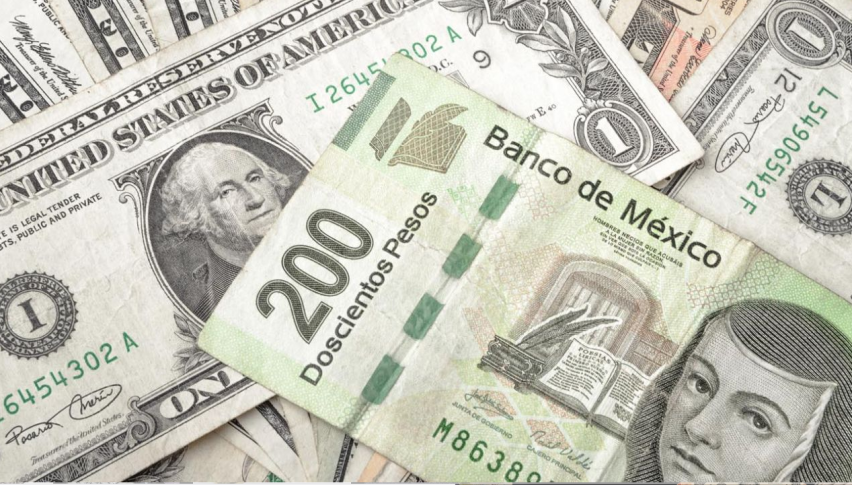Brazil: Federal Public Debt reaches R$ 6.449 trillion (1.2T USD) in January.
The average accumulated cost over 12 months of the DPF stock closed January at 10.65%, compared to 10.51%/year recorded the previous month.

Brazil: Federal Public Debt reaches R$ 6.449 trillion (1.2T USD) in January.
The National Treasury stated that February “was marked by a strong rise in Treasuries, due to persistent inflationary pressures and the strength of the American economy.

The Federal Public Debt (DPF) ended January at R$ 6.449 trillion, as disclosed on Monday by the National Treasury in the Monthly Debt Report. The figure represents a decrease of 1.08%, always compared to the previous month.
Considering the numbers from the Annual Financing Plan (PAF), the DPF ended last month outside the limits, which range between R$ 7 trillion and R$ 7.4 trillion for the year.
Meanwhile, the Domestic Federal Marketable Debt (DPMFi) reached R$ 6.176 trillion, a decrease of 1.48%. On the other hand, the External Federal Debt totaled R$ 273.83 billion (US$ 251.46 billion), an increase of 8.89%.
The average accumulated cost over 12 months of the DPF stock closed January at 10.65%, compared to 10.51% per year recorded the previous month. Meanwhile, the average cost of the Domestic Federal Marketable Debt (DPMFi) stood at 11.00%, after marking 11.05%.
Regarding issuances, the average cost in the public offering of the DPMFi accumulated over 12 months was 11.56% in January (11.62% in December). In this case, the Treasury Bills (LTN) had an average cost of 11.22% (11.38%), while the cost for placing National Treasury Notes Series F (NTN-F) closed the month at 11.20% (11.36%). The NTN-B had a cost of 9.48% (9.28%), and the LFTs were at 12.78% (13.04%).
The public debt liquidity cushion ended January at R$ 813.23 billion, compared to R$ 982.37 billion in December. The cushion is enough to cover 7.10 months of bond maturities ahead. In December, the cushion was enough to cover 7.57 months of maturities ahead.
In the public debt report, the National Treasury stated that February “was marked by a strong rise in Treasuries, due to persistent inflationary pressures and the strength of the American economy.” According to the Treasury, these movements were reflected in the postponement of expectations of cuts in the basic rate by the Federal Reserve (Fed), the American central bank.
- Check out our free forex signals
- Follow the top economic events on FX Leaders economic calendar
- Trade better, discover more Forex Trading Strategies
- Open a FREE Trading Account



